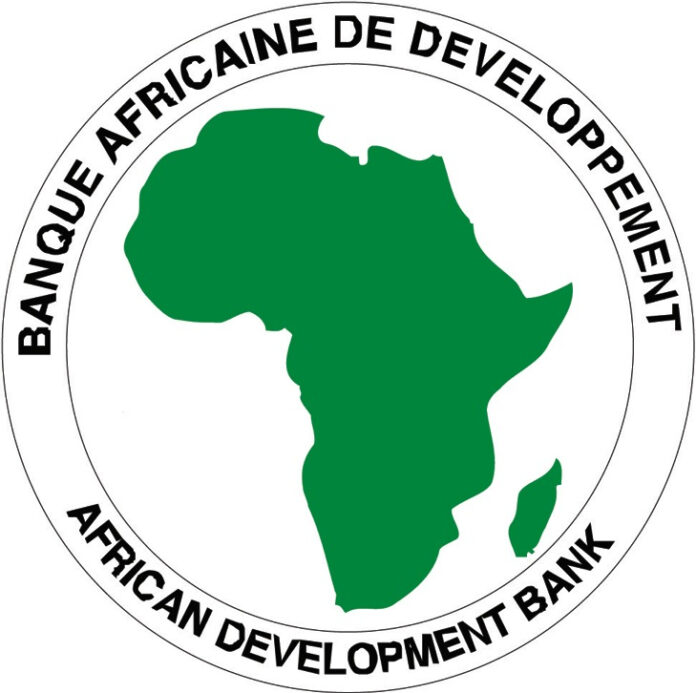The African Development Bank (AfDB) is collaborating with African countries to develop and structure innovative financing instruments to address insecurity and challenges to economic growth investment and development in the continent.
President of AfDB, Dr Akinwumi Adesina, said this at the fourth edition of the Africa Resilience Forum (ARF 2021), a high-level flagship event of the bank, held virtually on Tuesday.
The event had as its theme: “Covid-19 and Beyond: Working Together for a Resilient Continent”.
The event is aimed to reflect on policies and approaches that support the continent’s efforts around conflict prevention, peace, and state-building initiatives.
Adesina stressed that there was a compelling case for innovative financing mechanisms to tackle challenges that faced the continent.
He called on all partners to work towards strengthening interventions that responded to such challenges.
“Only by working together as humanitarian, peace and development partners can we, effectively, address root causes and focus on strengthening interventions that respond to what I call disaster triangle which has to do with unemployment, environmental degradation and extreme poverty.
“Wherever you find these disaster triangles, you have instability and insecurity. There is, therefore, a compelling case for innovative financing mechanisms to tackle these challenges.
“Recognising this critical link between security, economic growth, investment and development, the African Development Bank (AfDB) is collaborating with African countries to develop and structure innovative financing instruments.
“This includes security index investment banks to mobilise resources to address the root causes of insecurity and project investments and livelihoods,” he said.
The AfDB president also emphasised the need to focus on tackling the effects of climate change and reiterated the bank’s commitment to double its climate adaption finance to 25 billion dollars by 2025.
“We have expanded the percentage of financing devoted to climate adaptation from 26 per cent in 2016 to 67 per cent in 2020.”
He further stressed the need to increase investment for social protection, safety nets, and resilient and affordable healthcare systems to reduce the effects of the COVID-19 on the continent.
“We must also prioritise job creation especially for the youth that is why the bank created the Youth Entrepreneurship and Innovation Multi-Donor Trust Fund, an initiative to support Africa’s entrepreneurship ecosystems that help to create 25 million jobs by 2025.
Also, he reiterated the importance of women to further drive inclusive and resilient growth through the bank’s Affirmative Finance Action for Women in Africa which supported women-enabled businesses.
“To be clear, when women thrive, Africa prospers,” he emphasised.
Adesina urged Africa not be deterred by the enormous challenges facing the continent adding that resilient economies, communities and people promoted peaceful, stable and prosperous nations.
In his address, Chairperson, African Union Commission (AUC), Mr Moussa Mahamat called on African countries to remain focused and harness their human and natural resources which were “huge assets” for resilience.
“Africa’s assets for full resiliency are huge. The challenge is to reach resilience and fast-track economic growth by harnessing our natural resources and attention to our agricultural production.”
Mahamat said the pandemic had helped the continent to identify categories of population and economic sectors that were vulnerable and required a new vision for reform.
“Flagship programmes that are found in the 2063 Agenda show that gradually, on a macro management perspective, we are giving ourselves a tool for resilience, ongoing reforms and establishment of the African Continental Free Trade Area pathways for our development and self-centred growth.
“We have to count on our intra-African solidarity and promoting principles within which to set up mechanisms for shock management.
“In this regard, creating financing tools to manage this risk is vital. I call on you create all the tools because it is worthwhile and the situation calls for such tools,” he said.
He further stressed an important aspect of institutional reform which is building new forms of partnerships.
He, however, emphasised the need for reliance on the AUC’s own efforts “without turning our backs to our strategic partners”.
“That is our vision of a renaissance, of multilateralism which we are all yearning for.
“The issue of financing, particularly debt management, financing peace as well as renovating developmental aid should be raised within the framework of the rebirth of multilateralism.”
Mahamat also stressed the need to have an efficient combination of all forces of the continent for the vision of resiliency to take root in the governance, political and social practices of the continent.
ARF 2021 aims to provide a platform for sharing experiences, lessons learned, and co-create innovative solutions based on global and regional trends to address fragility and build lasting resilience on the African continent.
AfDB to develop, structure innovative finance instruments in Africa
RELATED ARTICLES




